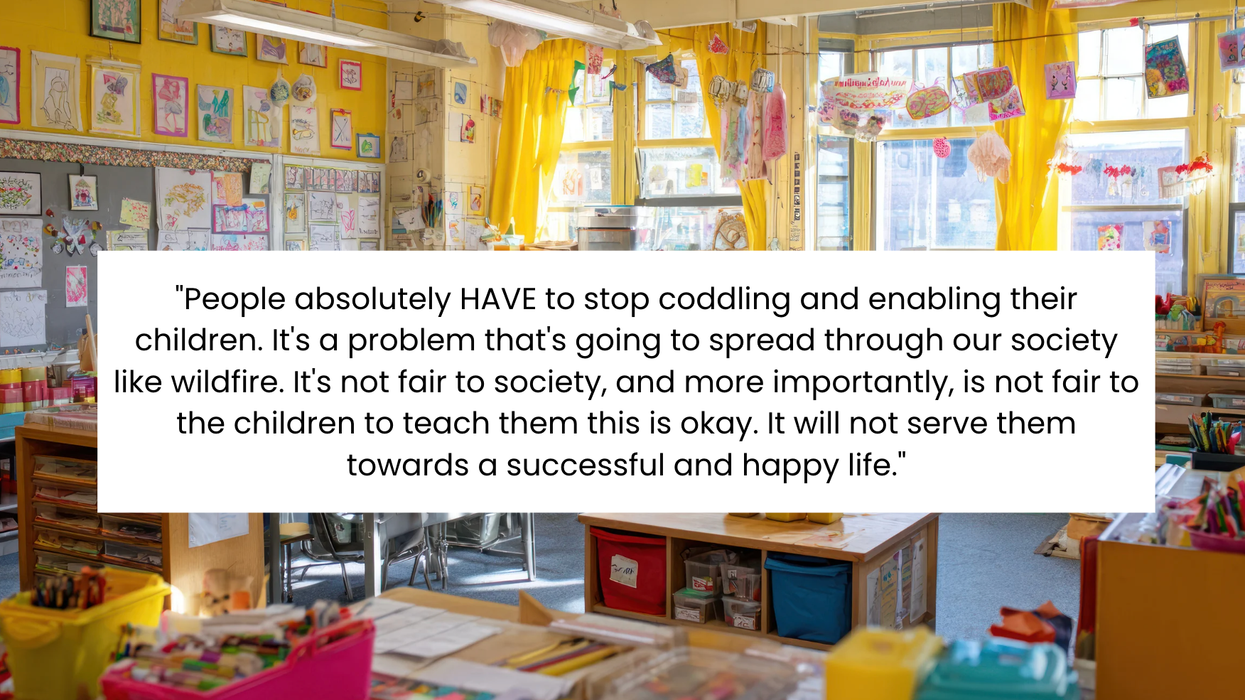Social change is rarely achieved quickly, and few know that better than Daryl Davis, a black man who says he has dedicated much of the past 30 years to patiently — and dangerously — reaching out to white supremacists and members of the Ku Klux Klan in the hopes of converting them. His approach, which he says has successfully changed the minds of over 200 people since the 1980s, relies less on shame and anger and more on friendship and diplomacy, attributes that don’t come easily to either party given their outlooks on race.
His reported efforts have been an unmitigated success, serving as a unique and oft-overlooked approach in attempting to bridge differences over not just race relations but also many of today’s issues that find the United States so divided.
Davis’ methods continue to be studied and touted, including in this TEDx Talk where he explains why he seeks to address the cause of hate rather than simply its effects.
In a recent discussion with My Modern Met, Davis offered advice so simple it could easily be dismissed as an empty cliche were it not for the resounding success he’s experienced leveraging it in erasing the hateful propaganda adopted by racists.
“Lead by example. Rather than talk about people and talk at people, try talking with people. If you spend 5 minutes with your worst enemy, you will find that you have something in common. If you spend 10 minutes, you will find even more in common. Start building on those commonalities and you will begin to see the things they have in contrast with you will begin to no longer matter.”
Davis’ professional background is in music, but he found another calling in promoting equality. He published a book in 1998, “Klan-Destine Relationships,” and in it, he speaks of his early successes and failures in understanding, then helping to erase, lifetimes of hate. To reposition his prior and more current accounts in today’s climate, he’s working on updating and republishing the book later in 2018.
In his My Modern Met interview, he credited respect, listening, and patience for achieving what many would consider a near-impossible goal. When asked how he approaches a person whose values appear so different from his own, he offered a gameplan that is near-universal in its utility.
“By treating them with respect as human beings despite the fact I may not respect their beliefs, but I am willing to listen. I have a vast knowledge of the subject and know it as well if not better than those with whom I engage. This causes them to also respect me for my knowledge regardless of the fact they disrespect me for the color of my skin. Over time, many began shedding their racial animus toward me and others who look like me.”
















 Otis knew before they did.
Otis knew before they did.